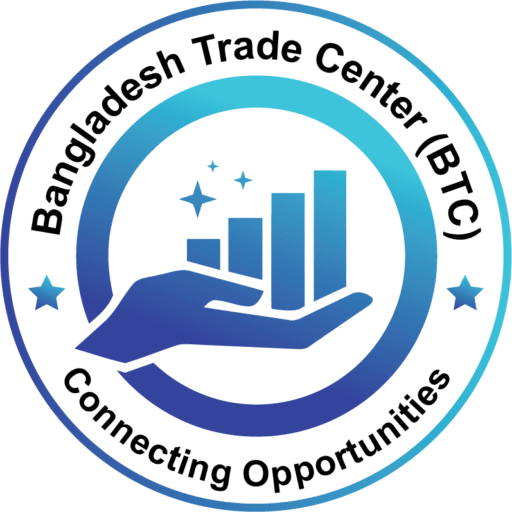The Impact of Business Consulting on SMEs
The Impact of Business Consulting on SMEs Md. Joynal Abdin, BBA (Hon.), MBA Founder & CEO, Trade & Investment Bangladesh Secretary General, Brazil Bangladesh Chamber of Commerce & Industry (BBCCI) Small and Medium Enterprises (SMEs) are the backbone…
Read More










 by
by